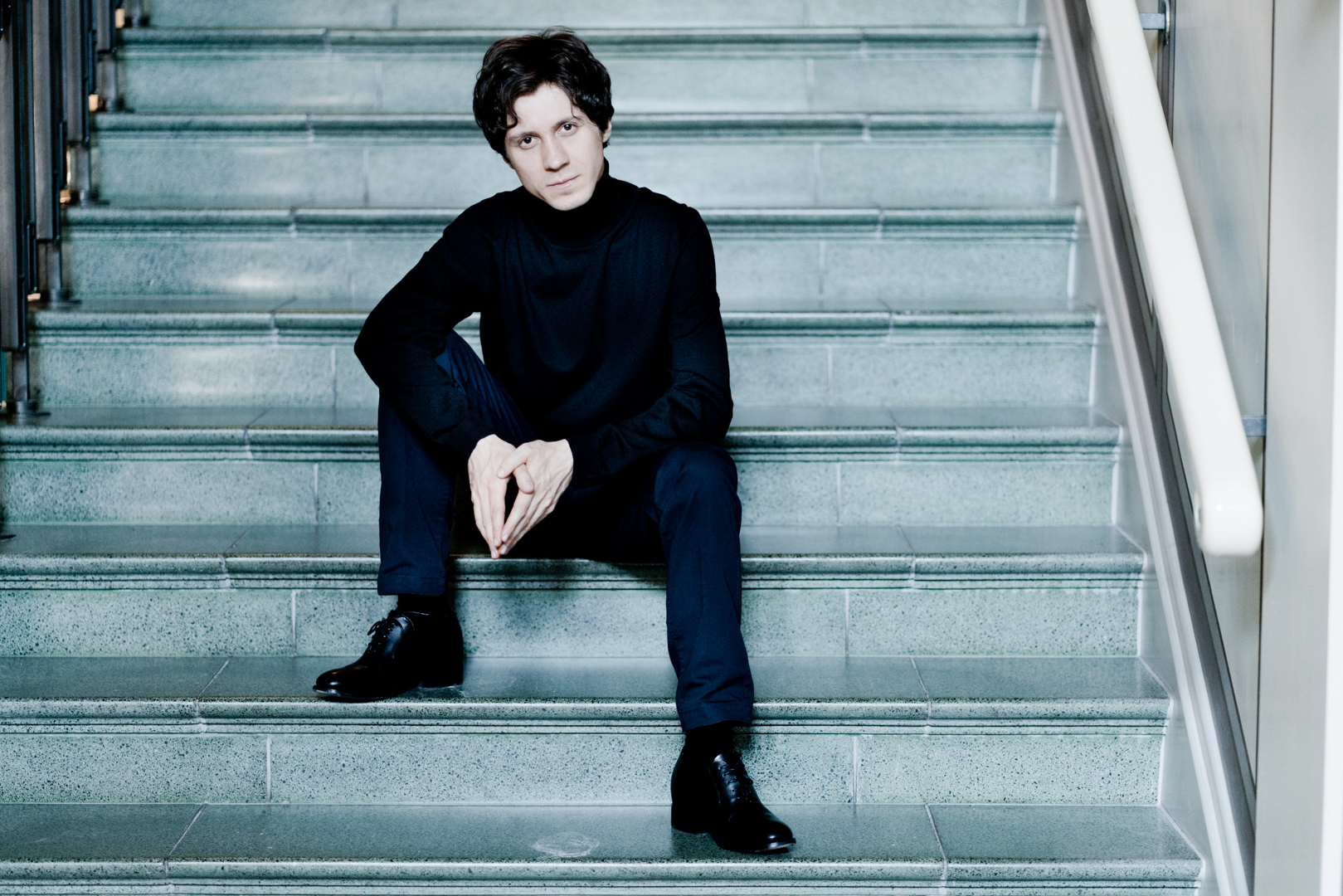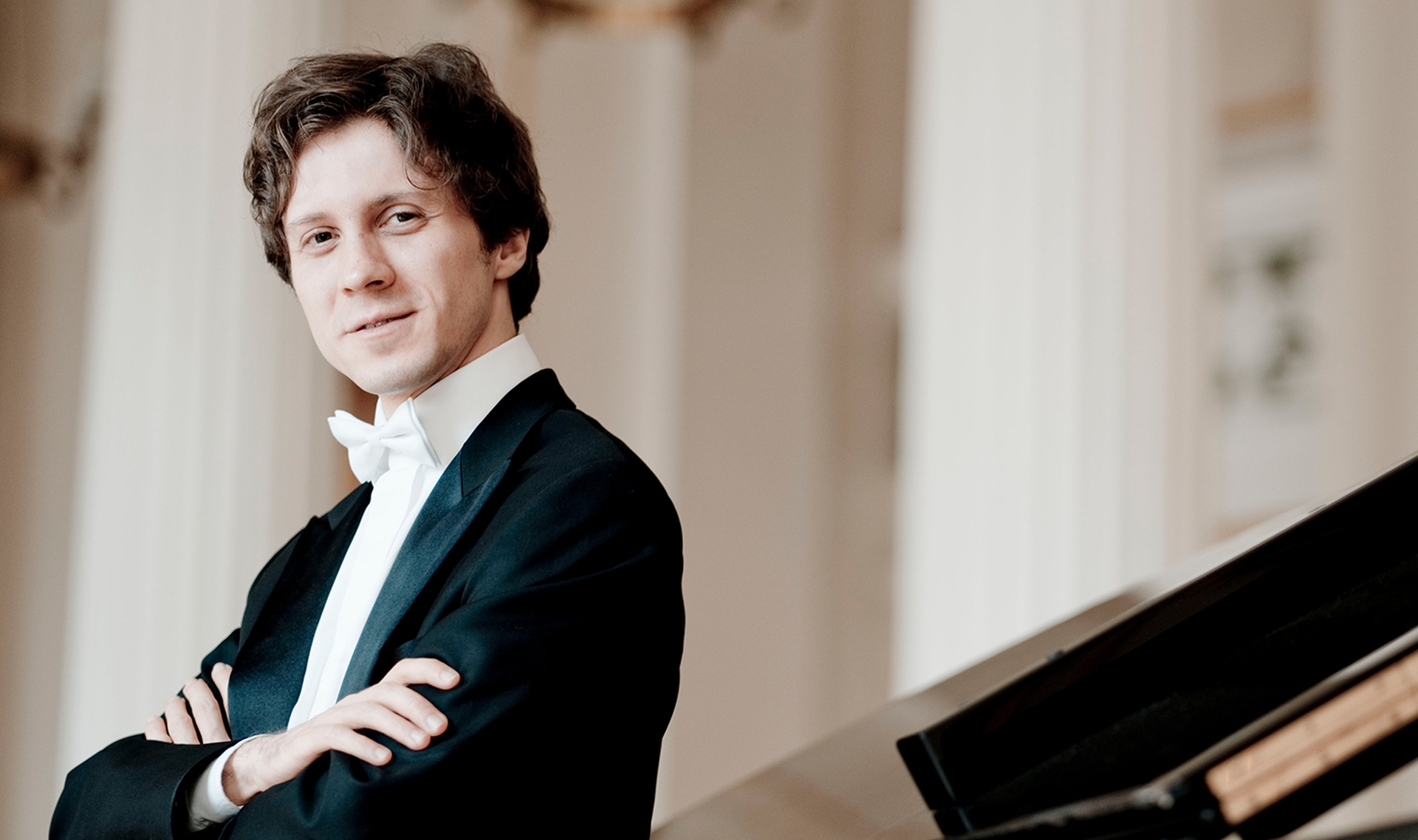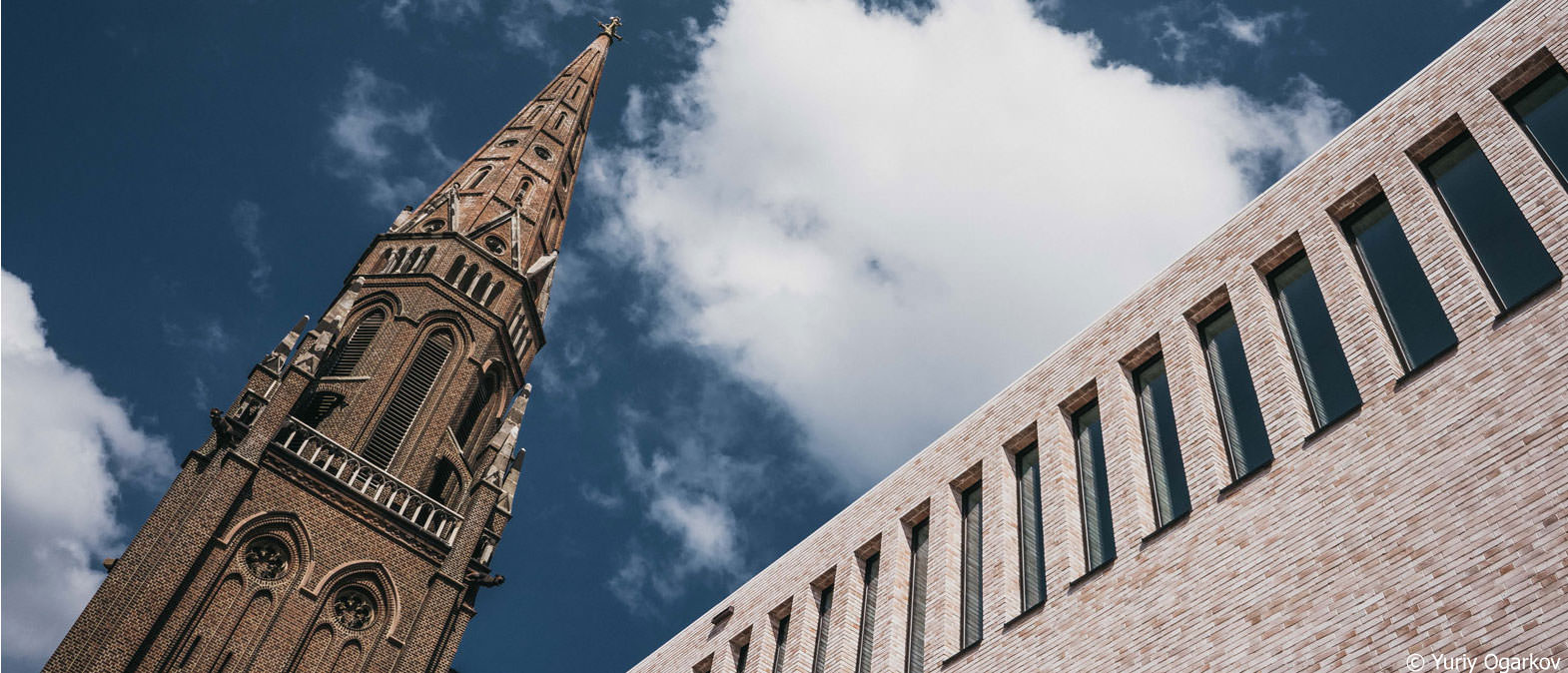Zugabe:
Frédéric Chopin: Mazurken, OP. 17 Nr. 4 in a-Moll
Ludwig van Beethoven: Sonate in a-Moll, Op. 2 Nr. 2
It is here that Rafał Blechacz is born in June 1985 and spends his early years with his parents and sister. “There is peace and an abundance of concentration.” About a forty-minute drive away lies Bydgoszcz, the nearest larger city, where Blechacz begins his studies at the Artur Rubinstein Music School. He gains sudden fame in 2005 when he wins the Chopin Competition in Warsaw—once again, a Pole, following in the footsteps of Adam Harasiewicz in 1955 and Krystian Zimerman in 1975. A legacy that comes with responsibility.
A close exchange develops between Blechacz and Zimerman: “Whenever I meet him, we do nothing but talk about the sheet music and how best to translate the meaning we read in it into technique,” Blechacz once admitted. This statement alone reveals that these two artists share a similar mindset—both unwilling to conform to an event-driven industry, uninterested in the vanity that some self-proclaimed stars exhibit, and fully devoted to what truly matters: the music.
To this day, Rafał Blechacz refuses to surrender himself unconditionally to the demands of a concert career, much like Krystian Zimerman. He performs around 40 concerts per year—preferably no more. He dislikes airplanes, which is why he is almost exclusively found on European concert stages. He usually travels by car, just like Zimerman, though without towing his own piano behind him. Likewise, Blechacz shows no ambition to release as many recordings as possible. He only enters the studio when he feels the time is right. If lucky, a new album appears roughly every two years.
Blechacz explores new repertoire zones with great care. Schubert? In gentle steps. Beethoven? In homeopathic doses. Yet whatever he chooses to play, his interpretations thrive on subtleties and a keen sense of phrasing and shading.
Blechacz tends to be somewhat reserved—far more in conversation than at his instrument. “I would rather answer your questions with music than with an interview,” he once told a journalist. So, let’s listen to him instead—especially when he plays Chopin. He never draws anything overly salon-like from this music; with him, Chopin does not sound like sentimental poetry. Blechacz reveals its fragile elegance, its sharp edges, all within the tightest of spaces. While some of his colleagues rely on the pedal to interpret Chopin, Blechacz exercises restraint with his right foot. As a result, his Chopin is refreshingly unembellished—shimmering, and when necessary, tempestuous and dry. “Chopin has become a kind of lifelong companion for me,” he admits today. “In his music, I am completely myself.”
Photo: Marco Borggreve


